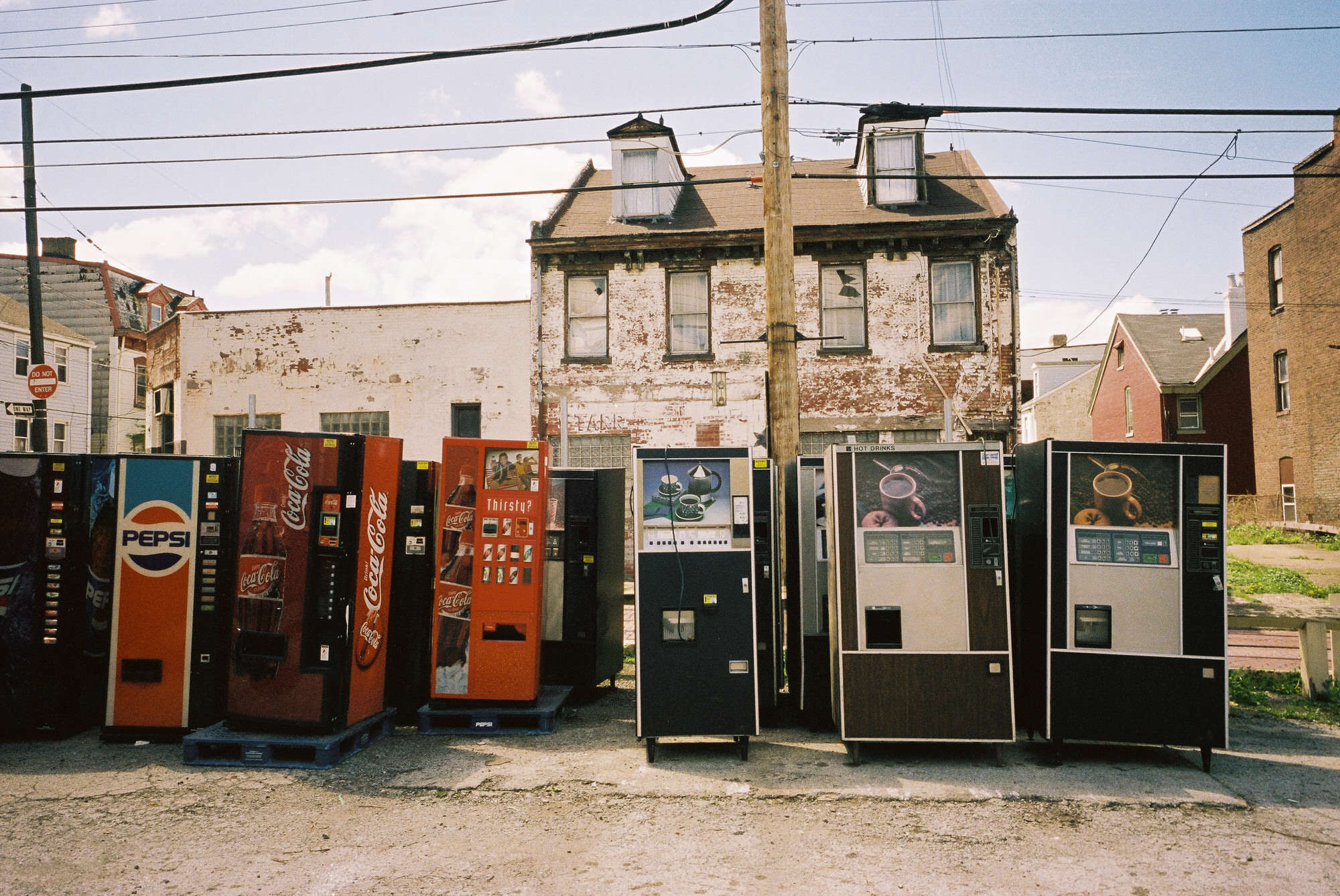
If we didn’t value what is scarce and expensive; wouldn’t life just be far easier?
Instead of valuing Leica’s, what if we valued Ricoh’s?
Instead of valuing BMW’s, what if we valued Honda’s?
Instead of valuing iPhones, what if we valued lower-end Android phones?
Instead of valuing designer clothes, what if we valued UNIQLO?
What if you preferred what was cheaper, and easier to obtain?
This is the problem with a lot of philosophy: these philosophers tell us that we shouldn’t get suckered by luxury goods and expensive things, and prefer what is cheaper.
But the thing we really need to question ourselves is this:
“What are my real preferences?”
For example, do I prefer Android phones over iPhones because I am too poor to afford an iPhone, and therefore I trick myself into thinking I prefer an Android phone?
Do I say that “I don’t need money to be happy” because I’m living poverty, and I’m saying that to feel better for myself? Or because I have actually tasted wealth, and prefer not to have money?
Do I say that Leica’s are “overrated”, because I cannot afford one? Or because I have shot with one, and owned one, and I realized that it wasn’t as great as I thought it was?
Don’t listen to me
A lot of the philosophy and thoughts I share on this blog are just from my personal experience.
For example, I think Leica’s are great cameras. But after purchasing and owning one, I realize that they aren’t as amazing as I once thought they were (in some sort of mystical, mythical way). Now for convenience, I actually prefer shooting with a compact camera, like a Ricoh (even though I could afford and shoot with a Leica).
I’ve owned expensive clothes in the past, but honestly nowadays— I just prefer ‘basic’ clothes at UNIQLO. I prefer the more plain, standard look (instead of the distractions of having all these designer labels on my body).
When I was a kid growing up, I’ve grown up not knowing if my mom could pay the rent or the bills at the end of the month. Money was always a source of stress for my family. We never had enough. But now that I finally do have money, I know that money is valuable to not have stress and anxiety in life. Having money is important to pay rent, bills, and basic expenses. But having more money than beyond what is necessary hasn’t brought “additional” happiness to my life. And I’m glad I came from having nothing to something — to have realized this life lesson.
So to sum up, you need to have your own life experiences before you really learn anything. Of course I try to share my personal life experiences, thinking that your preferences are the same. But they’re not. You need to learn the truth for yourself. I just hope that I can help you be a general guide of sorts. And I’m only telling you what I wish I knew in life — based on my mistakes, hardships, and stresses.
Make smart shortcuts in life
If you can learn from the mistakes of others, that is the best shortcut in life. You can learn to bypass wasted time, wasted effort, and wasted money.
If we knew that having a lot of money wasn’t the source of happiness, and we really took it to heart— we wouldn’t waste 20+ years of our working life, trying to climb the corporate ladder, only to realize one day (when we’re the CEO) that we’re more miserable than when we were an entry-level employee.
Don’t waste your time. Don’t waste your life. Don’t waste your attention, energy, and money. Don’t value what is scarce. Value what is simple and plain.
It will be a lot cheaper, less stressful, and cause less anxiety in life.
Value what is affordable, common, and plain.
Then spend the rest of your effort on being extraordinary with your photographic talents, your creative skills, and your ideas.
Always,
Eric
Read more: Philosophy >

